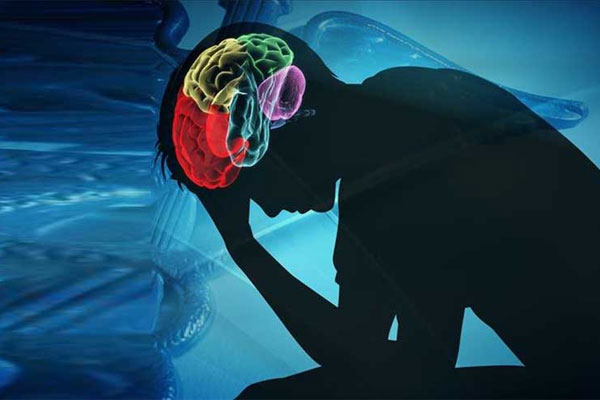
Mental health matters. Taking care of our mental health aids in our resilience and recovery from anything that happens.
Anyone can have a bad day, but it does not mean that it is a bad life. How we respond to it and take care of our mental health are what is important.
Mental health is important at every stage of our lives. It encompasses our overall wellbeing and affects our lives in many ways. Research shows that one in five adults in America – 43.8 million people – experience mental illness, which is 18.5% of our total population. This means that mental health issues frequent our population and affect everything we do.
According to science “neuropsychiatric disorders are the leading cause of disability in the United States.” Left untreated, mental illness creates widespread disability. It stops us from showing up to each day, stifles our abilities, and slows our pace.
Unfortunately, suicide rates rise when mental health is neglected. Mental health is important because it affects everything. It affects our ability to cope, adapt, and solve problems. It also affects our ability to be happy, productive, and well adjusted.
Mental health is a topic that gets stigmatized so often in our society. If someone is having a mental health issue, they are less likely to get help because of that stigma and shame. But there is nothing to be ashamed of. The wirings of your brain are not your fault. Yet, we act like it is our fault and discount its importance.
Mental illness also gets misunderstood by those who have never experienced it. It becomes up to us to advocate for our needs and educate others about our issues.
There is a spectrum of how we experience things. We may sometimes lose control but regain its overall. Or we may experience the extremes of high and low emotions and not be able to cope. We may fall somewhere in between.
Things unravel when left untreated. But that does not mean that it becomes too late. Anything is possible. When we remember that, we give ourselves a fighting chance again.
If someone had cancer, we would not blame them for this disease in their bodies. So why do we place stigma and blame on mental health issues in the brain?
Mental illness matters just as much as any disease, and it can take one’s life as easily as any other. Depression, for example, can lead to suicidal ideations and if untreated, suicidal attempts. We are not balanced people if we only focus on physical health.
The mind and the body are connected. Many mental ailments cause stress, which lowers the immune system. This means more frequent sickness and inability to cope.
Stress and anxiety can take a toll on our physical health. According to WebMD, “worry causes the body to release stress hormones that speed up your heart rate and breathing, raise your blood sugar, and send more blood to your arms and legs. Over time, this can affect your heart, blood vessels, muscles, and other systems.”
When stress infiltrates our body, we start to shut down. How we cope with stress is everything. Untreated mental health issues can lead to further falling apart.
Many people turn to drugs and alcohol as coping mechanisms, affecting their overall health and stability. When they do not treat themselves right, it becomes a cycle of destructive behavior. This affects their physical wellbeing and can continue to snowball.
It is important to talk about mental health, so others can also come forward about it.
Psych Central discusses how when we feel ashamed of ourselves, it is because we perceive we are broken or not normal. It affects our ability to cope when we think of ourselves so lowly.
Part of the process of healing is turning those feelings around. Our imperfections do not mean a lack of worth. When we realize that, we can also help others turn these feelings around and accept themselves.

Stigma begets shame. Shame begets destructive behaviors. Destructive behaviors beget a deterioration of the self. Stigma spreads when we do not talk about mental health and its importance. When it comes down to it, those who are mentally ill must need treatment. But without awareness and breaking the stigma surrounding their condition, they will not feel comfortable reaching out to somebody for help. This enforces stigma and encourages more struggle and shame.
In “Name It to Tame It”, a common exercise about emotions, we take the power of emotion away by naming it. Without talking about our emotions, they become more powerful and get more hold over us and others’ lives.
When we talk to each other, the problem becomes smaller with less hold over our lives. We can free each other by not being ashamed of mental health ourselves.
When we become authentic, we reclaim power over our lives. By denying the existence and importance of mental health, we deny ourselves. We lose our ability to solve problems and find solutions in our daily lives.
Without shame though however, we can say “I am not my mental illness. I am more than it. I am not afraid to talk about it because it is not my fault.” When we do this, we empower ourselves and the world. We learn to listen to our triggers and warning signs so that we do not spiral, and we show greater compassion towards share our stories in making that happen. We take away the shame.
Our mental health affects how we cope with life. Lack of treatment leads to hopelessness and sadness, worthlessness, feeling guilty, anxiety and worry, fear, and loss of control.
Our relationships may suffer. Our performance in any situation such as school or work may decline. Withdrawal and isolation may happen.
We may also lose interest in things we once enjoyed. Task completion and time management may fall apart. It may also become difficult for us to concentrate, or one may have rumination and focus on cleaning or organizing.
Our relationship with food may change. We may have ups and downs, and racing thoughts can happen more often. Life may become overwhelming. If we are having severe mental health issues, we may start to lose touch with reality and even hear voices.
Self-harm may happen. Destructive patterns such as alcohol and drug use may strike, and suicidal ideations may be the final result. Overall, things will fall apart if we do not take mental health seriously.
Mental health issues are important. It is important to learn and care about them because if we do not, all the aforementioned things could happen. We cannot function if we are not doing well.
Mental health affects everything. It affects our nature and how we interact with the world and ourselves. Without good mental health, we are susceptible to not knowing our full worth and struggling with things that are beyond our control. When we ignore mental health, we ignore ourselves.
We must value our health and wellness as much as we value anything, if not more. We must learn that we are good enough – that we are worthy of compassion and that others are too.
This leads us to have higher standards. It helps us feel sad if we want to feel sad, accepting our state of mind. And it also helps us do something about it. We do not have to wait to feel better – we can feel better today simply by acknowledging our struggles as real and worth paying compassionate attention towards.
We do not need to solve every problem, but we can ask for help if things get too much. Then and only then do we gain some sense of control again over our lives.
Source: Sarah Browne


















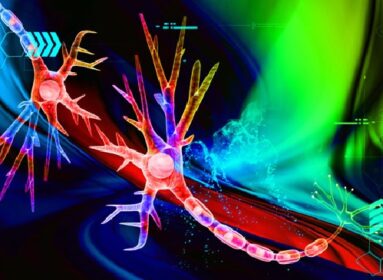

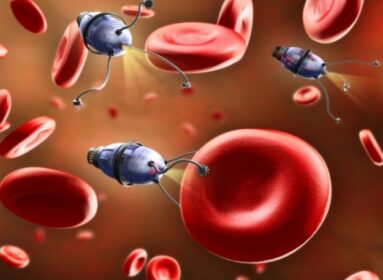


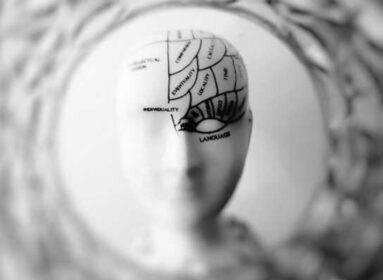








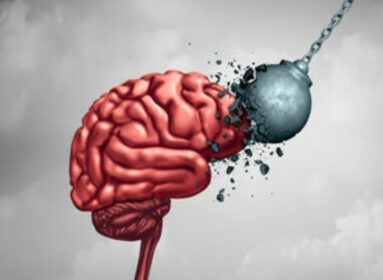
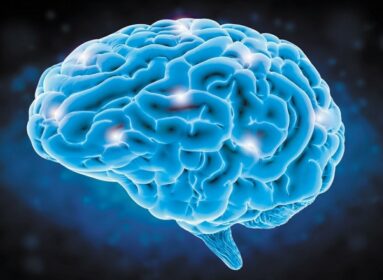





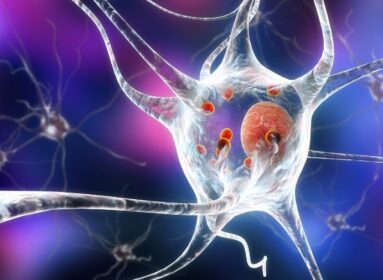

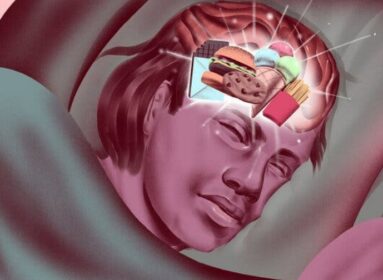























Comments are closed.